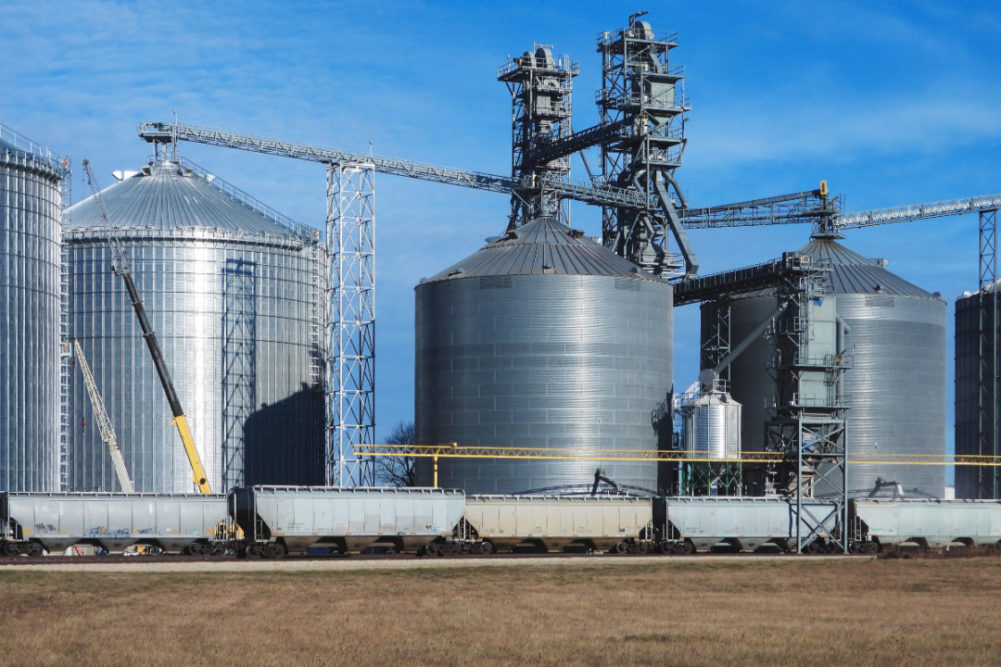WASHINGTON, DC, US — A potential shutdown of US railroads looms as the fall corn and soybean harvests get underway.
The National Grain and Feed Association (NGFA) on Sept. 12 urged leaders of railroads and rail labor unions to remain at the negotiating table and commit to reaching an agreement by Sept. 16 to avoid a nationwide rail shutdown.
“A rail stoppage on Sept. 16 would hit right as the fall harvest accelerates in many parts of the United States,” Mike Seyfert, president and chief executive officer of the NGFA wrote in a Sept. 12 letter. “The economic damages across the food and agricultural supply chain would be swift and severe.”
Railroads and rail labor have until Sept. 16 to reach an agreement that would prevent a lockout or strike after the Presidential Emergency Board published a proposed settlement on Aug. 17.
If the two sides can’t agree on a deal by the end of the week, Congress is expected to step in to block a strike because of the dire economic consequences, the Associated Press reported.
The Association of American Railroads (AAR) put out a report last week estimating that the US economy would take a $2 billion a day hit if the trains stop moving. The AAR also noted that railroads transport 1.5 million carloads of grain each year.
Class I railroads announced late last week that they would begin curtailing shipments of hazardous materials on Sept. 12 in anticipation of a possible strike.
That would include fertilizer products, such as ammonia — a key fertilizer and building block for approximately three-fourths of all fertilizer.
“Supply chains are already strained and there is currently zero elasticity in rail transportation,” said Corey Rosenbusch, president and CEO of TFI. “This situation will get exponentially worse every day there is no resolution. Over half of all fertilizer moves by rail year-round, and there are some fertilizer products that move almost exclusively by rail. If they can’t be shipped, farmers won’t have them and if they can’t move, production slows down. In the end, the consumer will be footing the bill for this inaction at a time when household budgets are already strained.”
While Congress could be called upon to settle differences in the event of an impasse in negotiations, the NGFA urged the parties to avoid that outcome.
“Economic challenges to livestock and poultry producers this year due to rail service delays are well-documented, and a shutdown would quickly cause additional problems and force producers to make difficult decisions regarding the viability of their animals,” Seyfert said, adding that grain processing and biofuels plants may have to scale back production and exporters may not be able to find viable transportation alternatives.
“NGFA urges all parties involved to continue good faith negotiations,” he said. “No one wins if a shutdown occurs — the agricultural value chain and consumers who rely on it stand to lose the most.”



